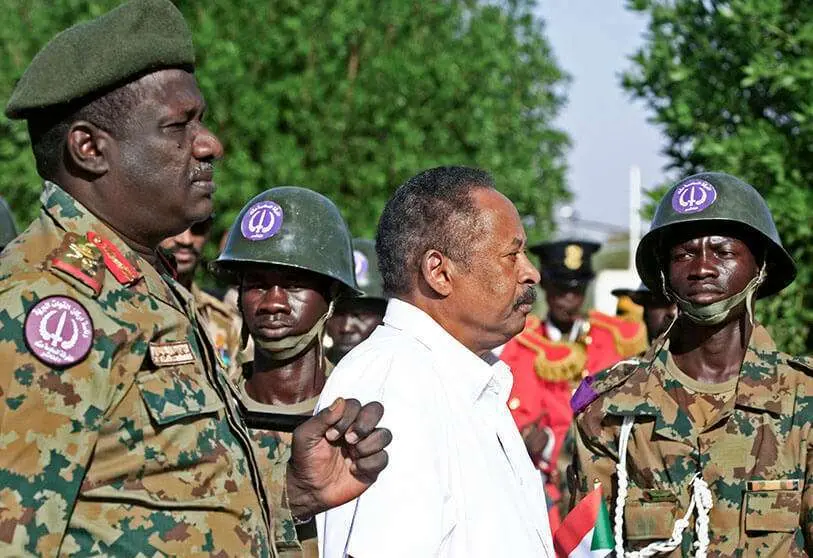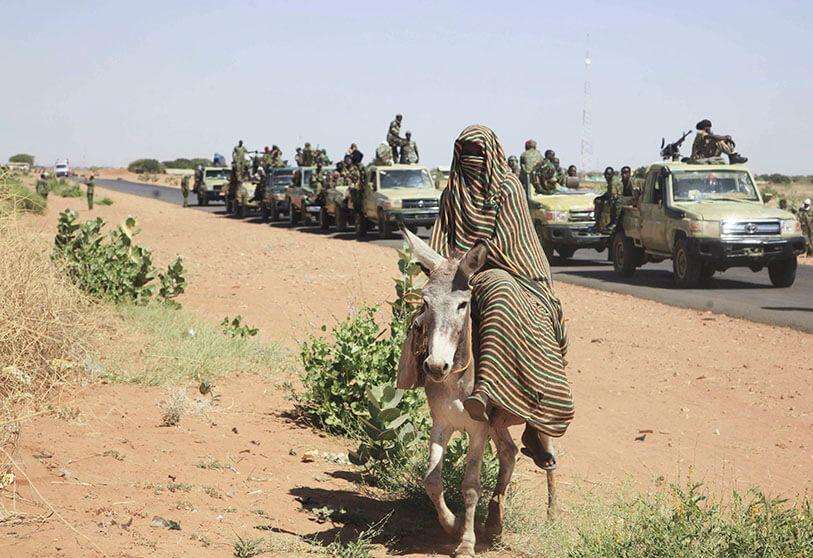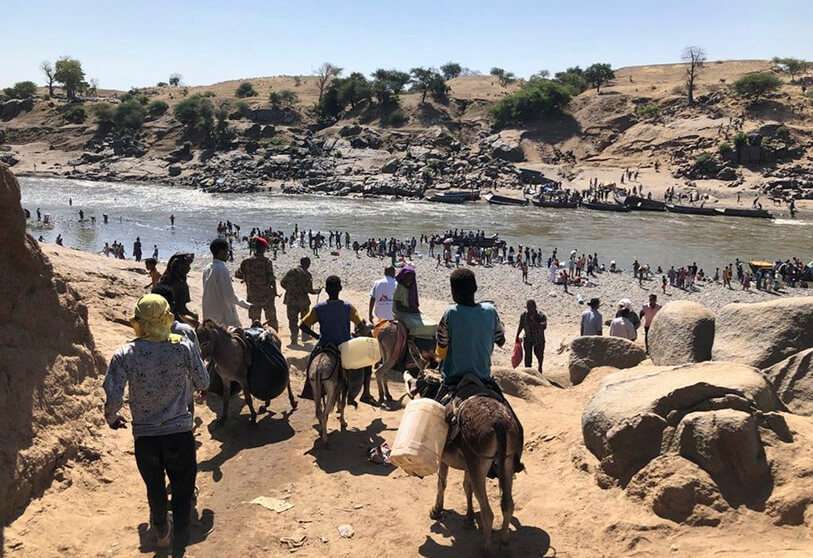Violence between Sudan and Ethiopia continues unabated

New incidents in the border region between the two countries are beginning to worry the international community, in view of the threat of further escalation. Furthermore, the internal situation in Ethiopia itself, with an open front against the TPLF, the violence between ethnic groups that is getting out of control in other areas of the country and the lack of political agreement with Egypt and, precisely, Sudan, on the Great Dam of the Ethiopian Renaissance, is hampering Abiy Ahmed's ability to manoeuvre.
In recent hours an Ethiopian military plane has entered Sudanese airspace, according to the country's foreign ministry. The ministry has indicated that such events could have dangerous consequences and increase an already alarming tension at the border. The Ministry of Foreign Affairs added that they "hope that these hostilities will not be repeated in the future for the sake of bilateral relations between the two countries".
Ethiopia had warned Sudan that the increased military presence in the Al-Qadarif border region was not helping the de-escalation. The region is in dispute over the amount of fertile land there. The incidents occur around Al-Fashqa, the border town where the focus of the territorial disputes between Khartoum and Addis Ababa is located.

However, the head of the Sovereign Council, Abdel Fattah al-Burhan, visited the eastern region of Sudan just a day after the Ethiopian warning. The communiqué issued indicated that the Sudanese Armed Forces are prepared to protect their territory and preserve its security.
Sudan has been increasing its military presence in the region, in the presence of Ethiopian militias who are responsible for ensuring the security of farmers who exploit Sudanese land. In this context, there have been several skirmishes in which there have also been civilian victims, the last six civilian victims being this very Monday.
An event whose causes are unknown, but which has also set off alarm bells, is the accident of a Sudanese military helicopter in this region bordering Ethiopia. In a critical situation of relations, any event can act as an accelerator in the escalation of violence.

In a statement issued through the WAM agency, the Emirati Foreign Ministry has called for a halt to the escalation between the two countries. The Emirates is concerned about the situation on the Sudan-Ethiopia border, since both are countries that are friends of the Emirates.
The Gulf country is committed to cooperation and dialogue as a key to the security and stability of a region like the Horn of Africa. It has called for these aspects to be prioritised and for any action that could lead to an increase in violence to be avoided.
While all this is happening, the Ethiopian side of the border is also in turmoil. In just one month, more than two hundred civilians have been killed by armed militia in the Benishangul-Gumaz region in the west of the country, bordering Sudan.
The movement of Amhara people from the neighbouring region is triggering an ethnic struggle for power and control over farmland. This struggle has resulted in the death of more than 80 civilians in the latest attack, according to the State Rights Commission.








